Mark Galeotti’s study of Russian organised crime, the product of three decades of academic research and consultancy work, is more than timely. In these days of ever more bizarre Russian attacks, it reads like the essential companion to a bewildering and aggressive new world, a world that is no longer confined behind Russian borders but seeks actively to penetrate and disrupt our own society. Essentially a history of the development of Russia’s unique form of organised crime, it constantly illuminates and clarifies the familiar, legal narrative of Russian history and the attitudes of Putin’s clique.
The Russian mafia’s distinctive culture originally emerged during the years of revolution and civil war. The collapse of the state created a vacuum for brutal criminal gangs that operated according to their own rules of honour, with their own hierarchy, language and agreements. Thieves (vory) were tattooed with symbols denoting their rank and their experiences and ‘lying tattoos’ could be forcibly removed. Betrayal of the code was answerable by death and in those early years the greatest betrayal was to collaborate with the state in any way at all. Leaders were given the title vory v zakone, thieves-in-law, for their faithful adherence to the criminal life.
Of all Stalin’s toxic inheritance, perhaps his most lethal, in retrospect, was his policy of co-opting the vory as servants of the state. With millions of helpless non-criminals flooding into the camps, the Party needed assistance, and the professional criminals provided it, terrorising the ‘politicals’ in return for a comfortable life in jail. According to the old-style lore this was collaboration, but it was too profitable for many to turn down. Varlam Shalamov, in his Kolyma Tales, wrote that the culture of the professional criminals defined life in the Gulag. The millions that passed through the camps and back into society carried vor culture into every area of Russian life.
The stagnation of the 1970s created the ideal conditions for organised crime to flourish. Corrupt politicians, black market entrepreneurs and criminal gangs worked together to compensate for the failings of the planned economy. As in America in the 1930s, Gorbachev’s well-meaning but ill-planned attempt at prohibition had an explosive effect on gang activity, but it was not until Yeltsin came to power that organised crime had its finest hour.
The chaotic 1990s, like the revolutionary years, proved the perfect incubator for crime. On one hand the gangsters provided ‘security’ to business in the absence of a functioning state; on the other they expanded ever further into business and politics themselves, with accompanying, and very public, bloodshed. In 2000 the Russian electorate, terrified by the bloody and chaotic world they now inhabited, turned with relief to Putin’s promises of stability and authority.
Behind the scenes, however, Putin came to a similar arrangement with the vory as he had with the oligarchs. Galeotti quotes a gangster being briefed to this effect by a police officer: ‘Times had changed, but it need not be a problem. We just had to be cooler, smarter, and everything would be fine.’ And Putin’s circle, of course, claims its kickbacks too — not just in the form of cash, although these are reportedly on the scale of billions, but in deed, too.
Since the invasion of Ukraine and Western sanctions, Russia is being run increasingly on a war footing, with every element of society expected to step up and prove its patriotism. Even crime bosses may find themselves pressed into service for their country. Galeotti lists examples of ‘Russian-based organised crime’ acting to further Russia’s increasingly aggressive foreign policy, which include cyber-crime, the movement of people and goods, and assassinations. With 14 suspicious deaths of Russians in the UK now under examination, it seems entirely possible that some at least may have vor prints upon them.
These days the old-style vory v zakone with their quaint tattoos and ideas about non-collaboration are little more than a trope in contemporary Russian cinema. A new type of criminal now rules, known as the avtoritet – what you might call a ‘McMafia’ businessman, as comfortable in Kensington and Monaco as Moscow, who puts his business acumen to work on a range of legitimate, ‘grey’ and thoroughly criminal concerns. Just as chic, well-educated and fluent in English as any legitimate Russian businessman, and with finances hidden behind dozens of shield companies, it’s not easy even for experts to identify the vory these days.
Yet as one Russian asks Galeotti: ‘Why do you in Britain hate our mafia in Russia but love them at home?’ As long as we allow gangsters to invest and flourish in Britain, we not only fund, but validate their existence in Russia. Theresa May has galvanised the international community to protest Russia’s criminal behaviour; now she must punish the vory financially.
Got something to add? Join the discussion and comment below.
Get 10 issues for just $10
Subscribe to The Spectator Australia today for the next 10 magazine issues, plus full online access, for just $10.
You might disagree with half of it, but you’ll enjoy reading all of it. Try your first month for free, then just $2 a week for the remainder of your first year.

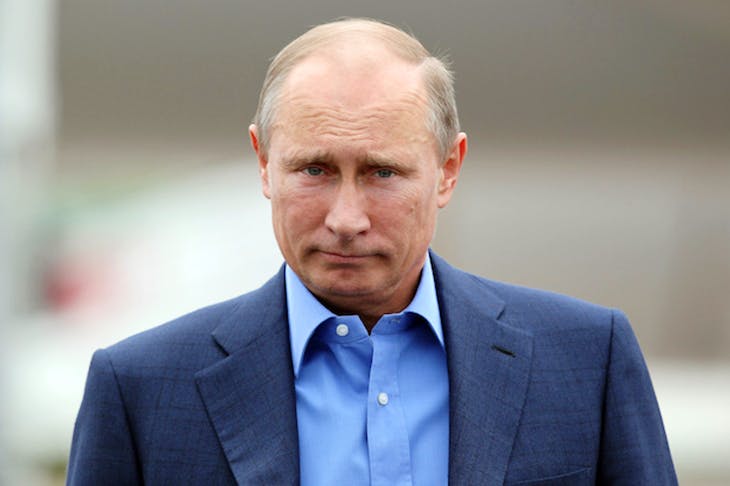
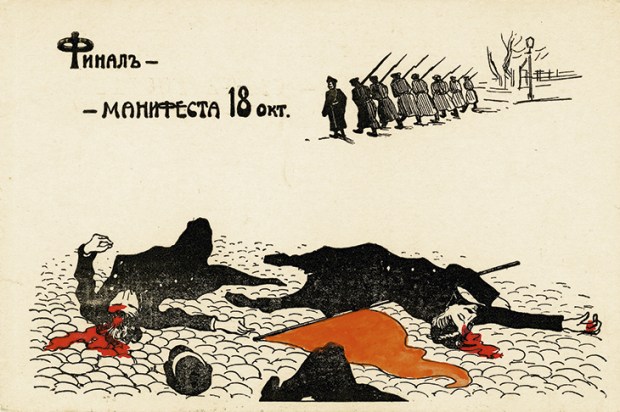
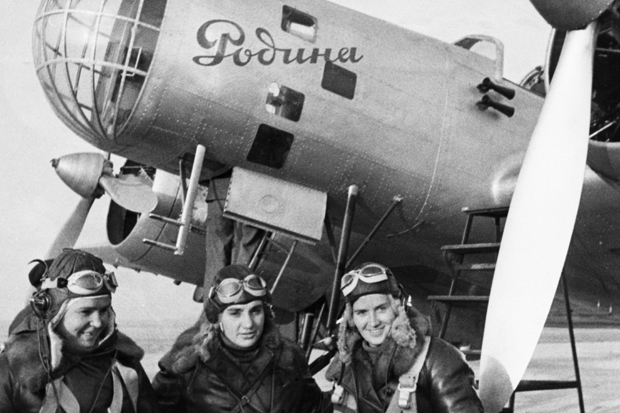
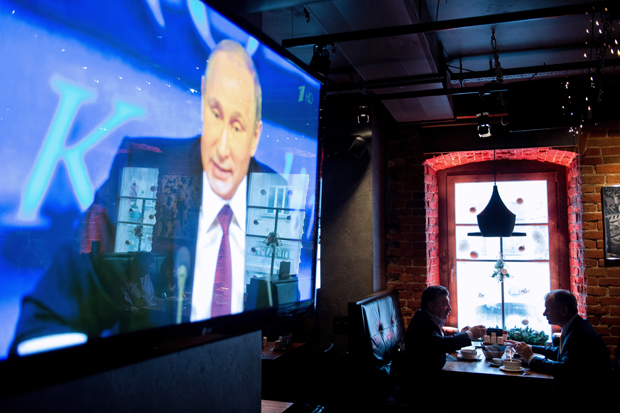
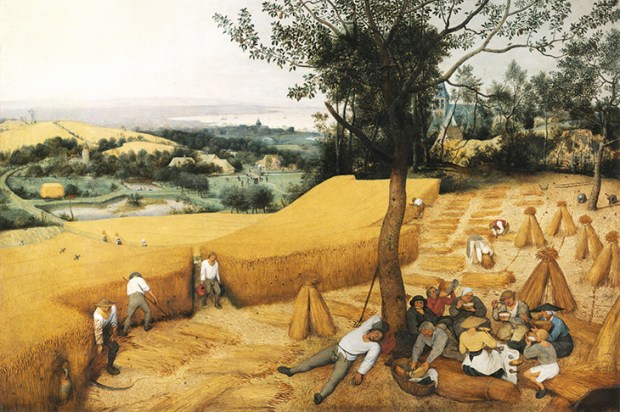
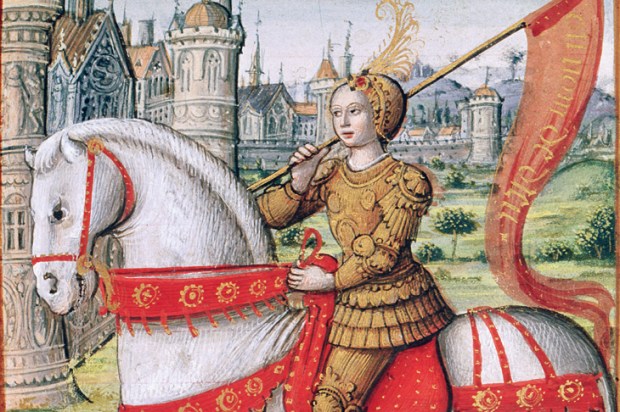
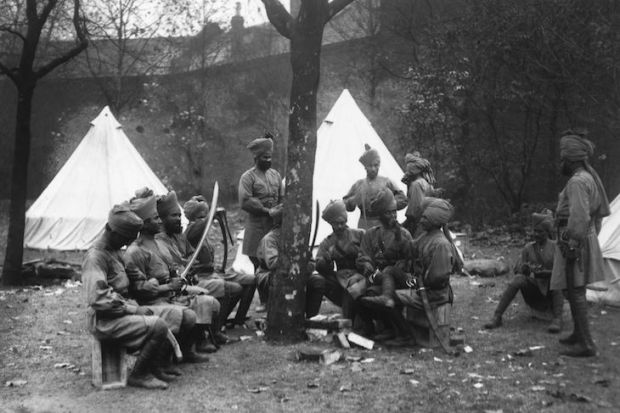






Comments
Don't miss out
Join the conversation with other Spectator Australia readers. Subscribe to leave a comment.
SUBSCRIBEAlready a subscriber? Log in